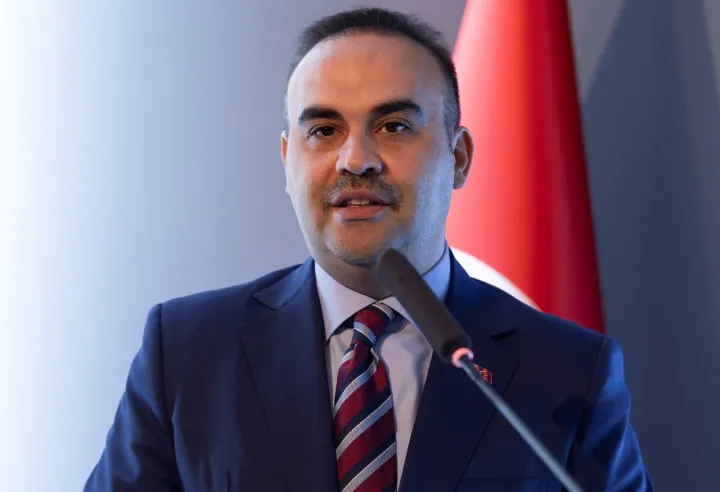Pay issues and shortages of equipment and manpower have sapped morale among Kenyan police officers deployed to Haiti and hampered their ability to confront heavily armed gangs, four officers told Reuters.
After three years of rampant killing, rape and extortion by gangs that control most of the capital Port-au-Prince, Haiti's transitional government and its international allies are counting on the Kenyan-led mission to restore enough security to hold elections by February 2026.
The Multinational Security Support (MSS) mission was authorised by the UN Security Council last October, but the initial deployment was delayed by political turmoil in Haiti, court challenges in Kenya, and difficulties mobilising funds.
The first nearly 200 Kenyan officers arrived in Port-au-Prince in late June and were joined by a similar-sized contingent three weeks later.
'Sluggish pace'
The force is supposed to increase to around 2,500 personnel from at least ten countries.
But progress is slow, in part because of financing issues. While the United States has contributed $369 million in money, equipment and services, a UN fund only has about $68 million, leaving it over $150 million short of the estimated $589 million needed for the first year's operations.
The four officers, who spoke to Reuters over the past week on condition of anonymity because they were not authorised to discuss the mission, said they had been told more equipment was on the way but had not yet seen it and had to fight in the meantime with inadequate resources.
"The sluggish pace of the whole process means it will be very difficult to stick to the deadlines that the transitional government has agreed," said Diego Da Rin, International Crisis Group's Haiti analyst.
'Remarkable' progress
Asked about the concerns voiced by the officers, Kenyan police spokesperson Resila Onyango replied: "Last week, MSS received additional vehicles and equipment from the US government, thus enhancing their joint operations with their Haitian counterparts."
The US State Department said the United States has stepped up deliveries of armoured vehicles, radio sets and computer systems. It said the start of joint patrols in July by Haitian and Kenyan officers was an example of "remarkable" recent progress in Haiti.
Haiti's police spokesperson declined to comment.
'Deployed before equipment made available'
Two officers said they regularly took heavy fire from gunmen who would position themselves in tall buldings, but that the police had limited ability to respond because their vehicles do not have armoured platforms from which to shoot.
They also said they do not always have radios in their vehicles.
The State Department said the US Air Force had begun delivering the armoured platforms and that sufficient radio systems were now available.
Some of the officers questioned why they had been deployed before the equipment was ready.
Mixed success
"Some people have been saying ... we should just go back home and come when things are ready," one said.
The officers said they had mostly been patrolling major Port-au-Prince roads but had carried out some joint operations with Haitian police – with mixed success.
One was in Ganthier, a town on the outskirts of Port-au-Prince, where the Kenyan and Haitian police were initially able to drive out the gangs in July.
But the gangs moved back in when the police, who did not have the numbers to hold the town, returned to base, according to one of the officers and Da Rin.
Reinforcement
Last week, Kenyan police said the mission had made "significant progress" pushing out the gangs from strategic areas.
The State Department said the MSS is intended to grow to 1,000 personnel in the next several months and that Jamaica, which has pledged 200 personnel, plans to make an initial deployment.
A Jamaican government spokesperson said the deployment was in the advanced planning stages.
For those already in Haiti, uncertainty around pay has weighed on morale. The officers were told in Kenya that they would receive monthly bonuses of around $1,500, several times their regular salaries, two officers said, adding they never signed contracts and were not told when they would be paid.
'Very demoralising'
After reports appeared in Kenyan media last week that the officers had not been paid their bonuses, the police service said they would receive the money within days.
By Monday, some officers had received them while others had not, three officers said. But they said they were given no explanation for how their pay was calculated, with some only receiving about $750.
"It is very demoralising," said one, who is a senior officer.
The Kenyan police spokesperson did not respond to questions about pay.
➤ Click here to follow our WhatsApp channel for more stories.
























